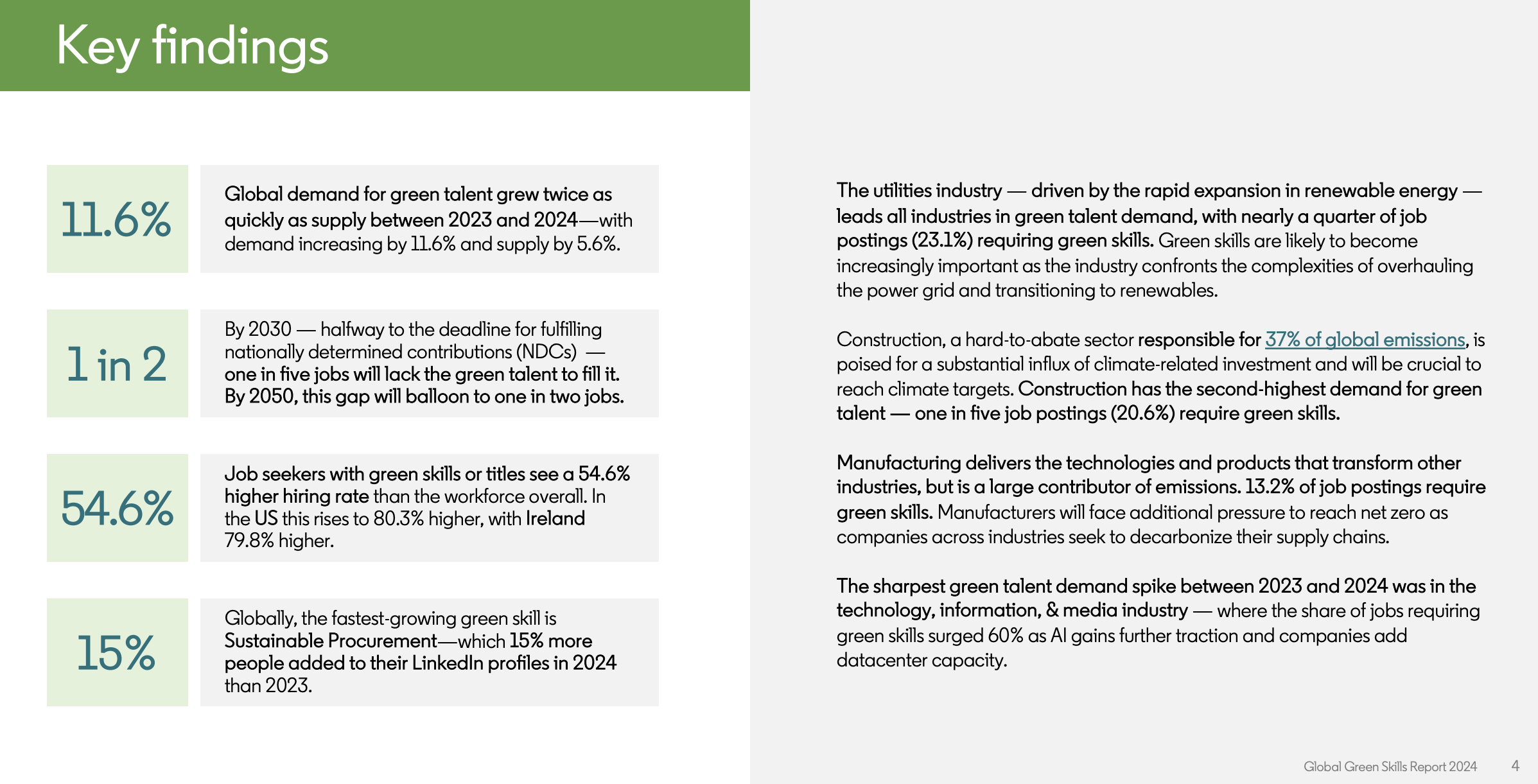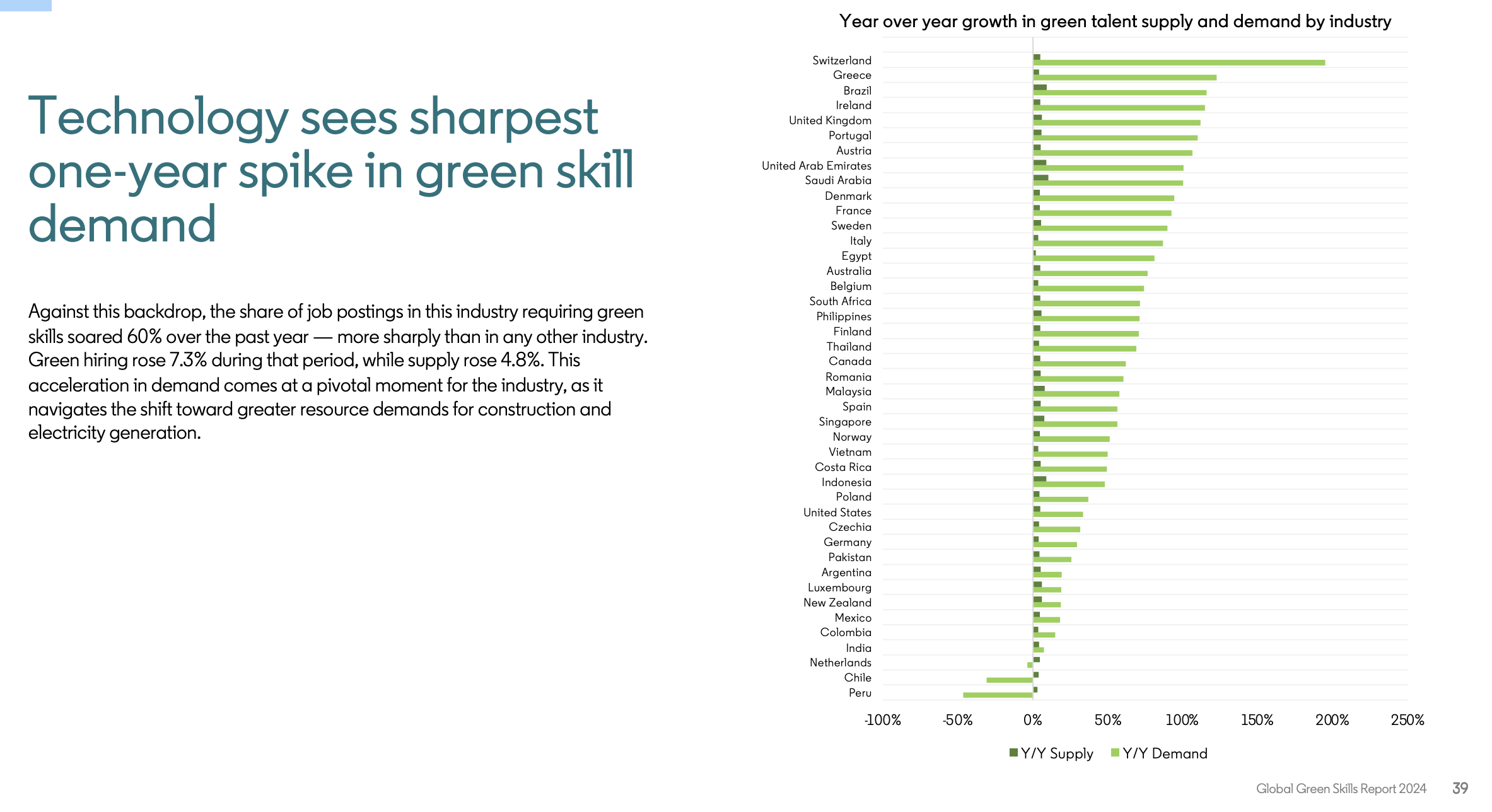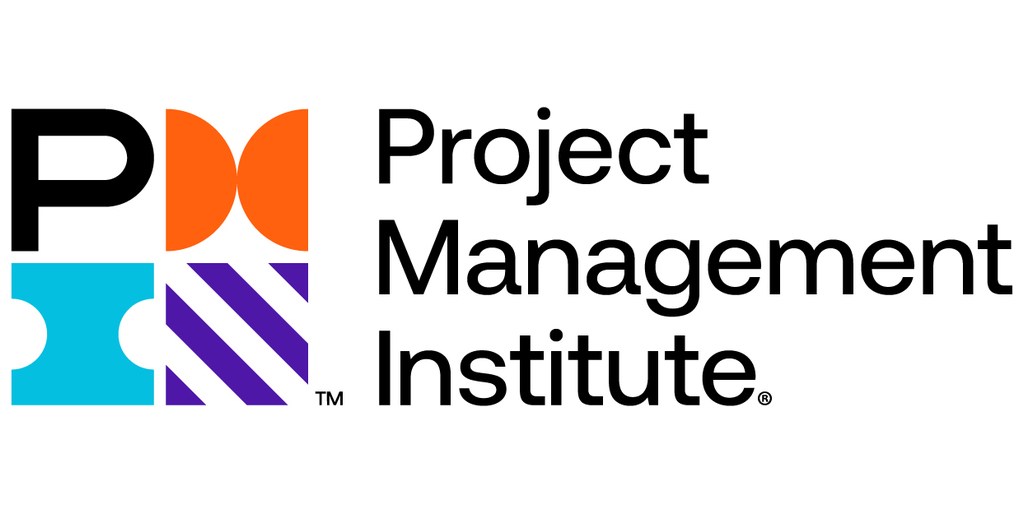Sign up for daily news updates from CleanTechnica on email. Or follow us on Google News!
The green skills that immediately counteract the consequences of global warming are in increasing demand. They need to be in the spotlight, and LinkedIn is putting them there. Jobs that prioritize sustainability are known as “green jobs,” and are not able to function without a comprehensive understanding of green skills. The problem is that they are currently in short supply.
“This data is a wakeup call, and there’s no more time to hit the snooze button. Every single climate goal is at risk if we don’t have a workforce prepared to deliver the change we urgently need. Our data reflects policymakers’ power to shape green talent demand and supply. As governments finalize the next decade of climate commitments, they must include explicit investments to create the green-skilled workforce to combat the climate crisis.” Sue Duke, Vice President of Public Policy & Economic, LinkedIn.
According to LinkedIn research, there is an opportunity to include Gen Z in the workforce. Although, nearly one in five occupations that require green skills are unlikely to have sufficient qualified applicants by 2030. Plus, even though Gen Z will account for one-third of the workforce by 2030, only 10% of them are expected to have the green skills necessary to find employment. The emerging problem is that Gen Z wants occupations that involve green tasks but does not have the requisite expertise, abilities, or opportunities to enter these areas
Key Message from Annual Green Skills Report: “We need to double the size of the green talent pool by 2050—at a bare minimum—to keep pace with projected demand. Roughly half of jobs in the 2050 green economy will lack qualified candidates if we don’t focus on strategic, expansive upskilling.”
This is not just in the US, but globally.
This report illuminates global trends at the intersection of climate action and the workforce. We show how government policies are already shifting the supply and demand for green skills and recommend high-impact policies for growing the green talent pool. We spotlight two groups critical to the goal of doubling green talent: Gen Z, which desperately wants to be part of the climate solution but is struggling to break in, and women, who make up just a third of green talent worldwide. We also delve into four industries where green skills development is particularly important to reaching climate targets: energy production & utilities, construction, manufacturing, and technology, information, & media.
“The climate crisis is increasingly steering decision-making at the highest levels of government and business, yielding a cascading series of sustainability targets, commitments, and mandates. But data from LinkedIn’s more than one billion members reveals that the global workforce is not on track to realize these ambitions.”
Full report here.
A US Educational Perspective
Gen Z prefers jobs that involve environmentally friendly responsibilities. They lack the requisite knowledge, abilities, and opportunities to work in these industries. The United States educational system has been unconscious in the sense that it has neither recognized nor prepared for sustainability. I’ve spoken with countless well-meaning instructors who are obliged to spend hours of unpaid time teaching and retraining (instead of relying on skills and creativity they already have). It is a system that is not geared toward the child’s current learning. It does not focus on humanity’s interconnected planetary citizenship or grasp scientific and holistic knowledge. Every educator’s systems training, in my opinion, should utilize more of Maria Montessori’s work, which takes a more in-depth look at the absorbent mind and a more deliberate and conscious approach to the education of children; a more thoughtful and aware approach to holistic, sustainable citizenship and education. No child left behind seems to be leaving a lot of humans behind in order to fit teaching into the newest state reviews and PowerPoints.
Have a tip for CleanTechnica? Want to advertise? Want to suggest a guest for our CleanTech Talk podcast? Contact us here.
Sign up for our daily newsletter for 15 new cleantech stories a day. Or sign up for our weekly one if daily is too frequent.
CleanTechnica uses affiliate links. See our policy here.
CleanTechnica’s Comment Policy






